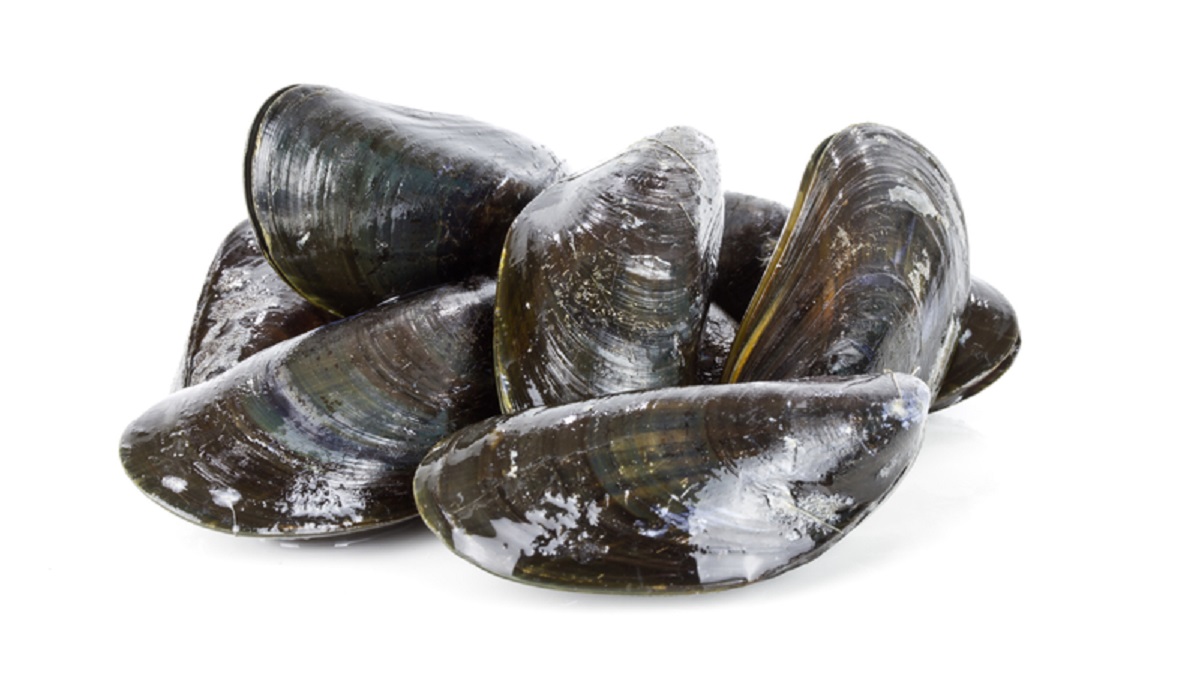Potentially hazardous shellfish have been seized in the United Kingdom while officials in New Zealand are urging people not to eat illegally sold mussels.
In the UK, Operation Pearl discovered shellfish being illegally harvested from Chichester harbor.
Shellfish that are harvested from unmonitored areas maybe unsafe for human consumption. They can be contaminated with E. coli, norovirus or high levels of chemicals.
Illegal harvesting risk and public health problem
Chichester District Council, the Food Standards Agency (FSA) and National Food Crime Unit were part of a team that led the operation.
Months of investigating helped build the picture to understand how illegally harvested shellfish was reaching food businesses and consumers.
Sussex Police, the Inshore Fisheries and Conservation Authority, and Gangmasters Labour Abuse Authority were also involved in tackling suspected harvesters and businesses who received implicated products.
Illegal harvesting of shellfish is a growing problem in coastal areas across the country, according to Chichester District Council.
“We have tried various ways to discourage harvesters from collecting shellfish from the harbor, and this work has led to a multi-agency approach. The fact that we are working with such a wide variety of partners on this operation and have collected so much evidence, sends a strong message to the harvesters, and the food businesses that buy from them, that we will not tolerate this behavior,” said Penny Plant, from the council.
“We are going to review the further evidence we have collected from the operation, which may result in legal proceedings against the offenders. The commercial collection of shellfish is tightly regulated, and shellfish sold on the black market could have serious consequences for public health and will damage the reputation of the industry,” she said.
Mussels from Fiji being sold in NZ
Meanwhile in New Zealand, authorities have found mussels from Fiji on sale at independent retailers and on social media.
New Zealand Food Safety has not assessed Fiji’s related growing, harvesting and processing controls so while mussels from Fiji may be brought into the country for personal use, they cannot be sold.
There has been one unverified report of illness linked to mussels from Fiji.
Vincent Arbuckle, deputy director general of New Zealand Food Safety, said Fijian mussels have been removed from sale at some smaller retailers catering to Pacific Island communities, and online.
“As New Zealand Food Safety has not assessed Fiji’s growing, harvesting and processing controls for mussels we cannot be confident that the mussels don’t pose a food safety risk to consumers,” he said.
Mussels are a high risk food because of the way they feed, which increases the likelihood of contamination from bacteria, viruses, toxins and chemicals. Eating contaminated mussels can cause illness for anyone, especially vulnerable people, including the very young, the elderly, pregnant women and those with compromised immune systems.
They are also known as Nakai, Naakai, Nakaai, Kai, Batissa violacea and Fresh Water Mussels.
“Knowing where the mussels you want to buy have come from can help reduce the risk of any potential health problems. Our message to people buying mussels is that if you are in any doubt, ask the retailer where the product has come from. If it is from Fiji, the mussels should not be for sale,” said Arbuckle.
(To sign up for a free subscription to Food Safety News, click here.)

